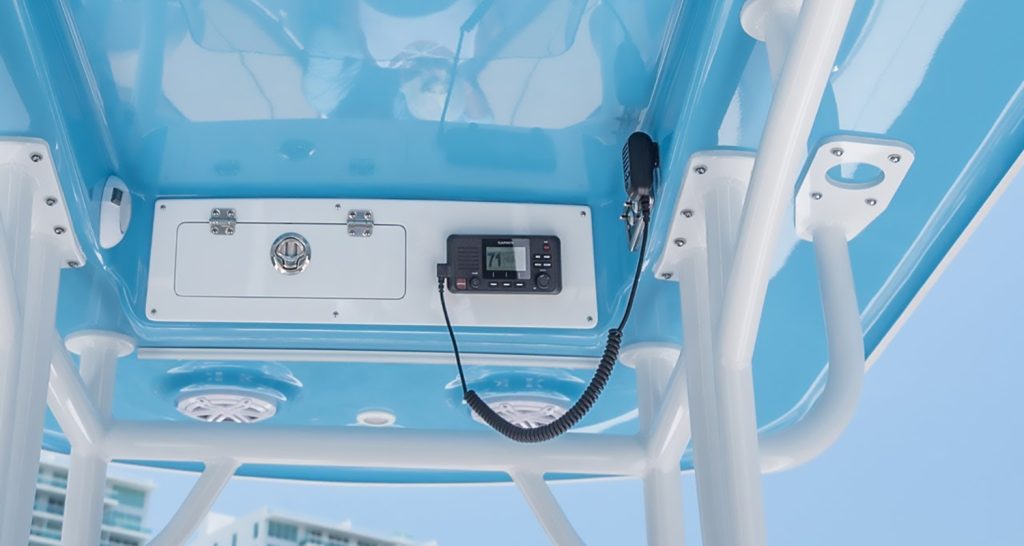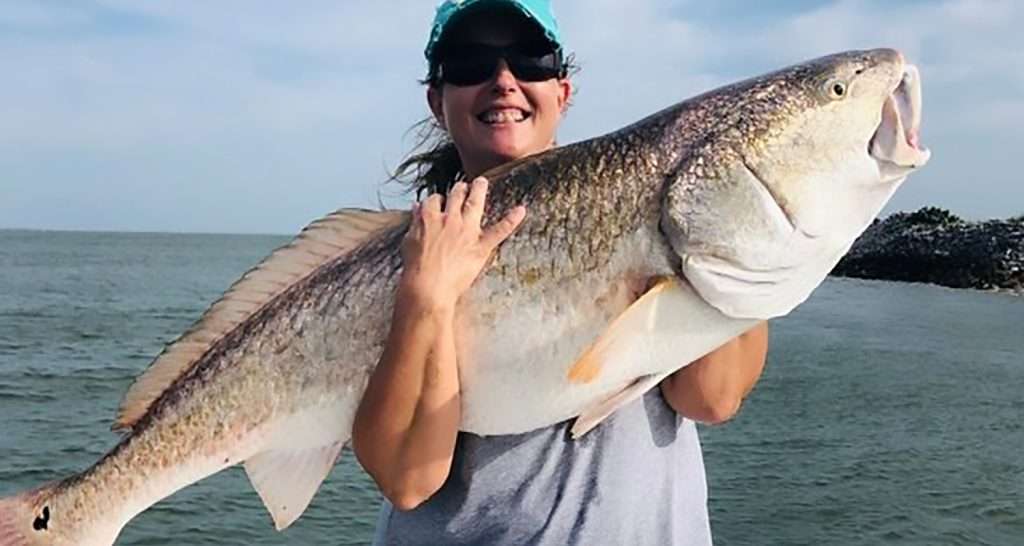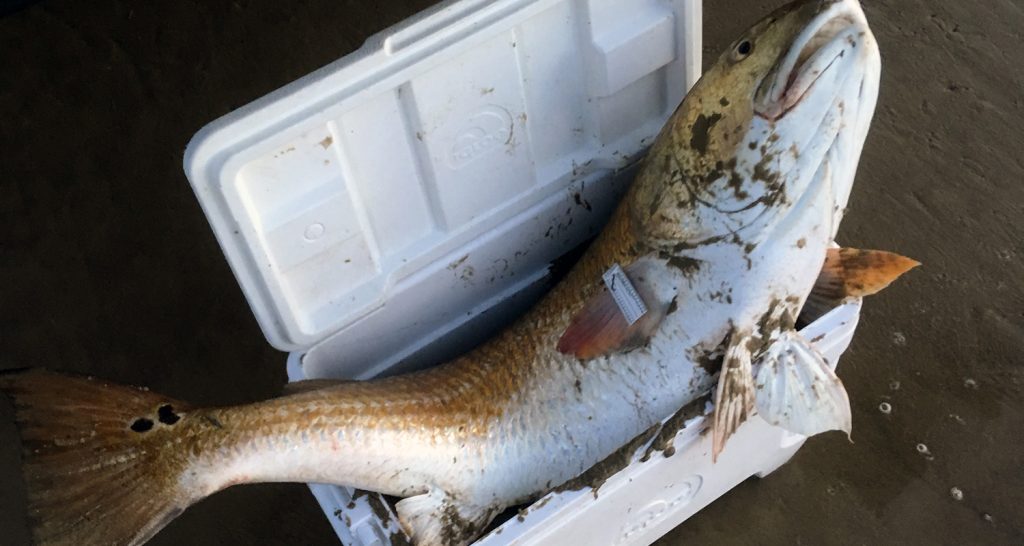A cell phone on board makes it simple to maintain contact with people and organizations on the ground.
Why You Need a Very High Frequency (VHF) radio
In the United States, ships still primarily rely on Very High Frequency (VHF) marine-band radios, which have been a crucial part of maritime communication for many years. Unlike cell phones, which depend on cellular networks, a VHF radio ensures reliable communication when you're far from shore. Explore VHF marine radios to ensure you have dependable equipment on board.
Unless you are within shouting distance of the shore, your VHF radio should be your first line of defense in a crisis.
In General, a VHF Radio Is Used For:
- 911 and safety scenarios
- Transmissions from ship to shore
- Navigation (vessels to bridges, etc.)
- Calls to be made to shore by ship's operator
The NOAA's Weather Reports & Emergencies
Using a VHF radio, whether portable or permanently mounted, is highly recommended for clear and uninterrupted communication while on the water. In emergencies—such as motor failure, storm-related incapacitation, or similar situations—a VHF radio can be your only means of communication. VHF radios are constantly monitored in areas under Coast Guard command. The United States Coast Guard and most marine towing services utilize and monitor VHF frequencies. Browse marine weather radios for additional safety and weather updates.
Additionally, the VHF signal can be tracked by Vessel Assist towers, which can then pinpoint your boat's location—something that cell phones cannot do effectively.





